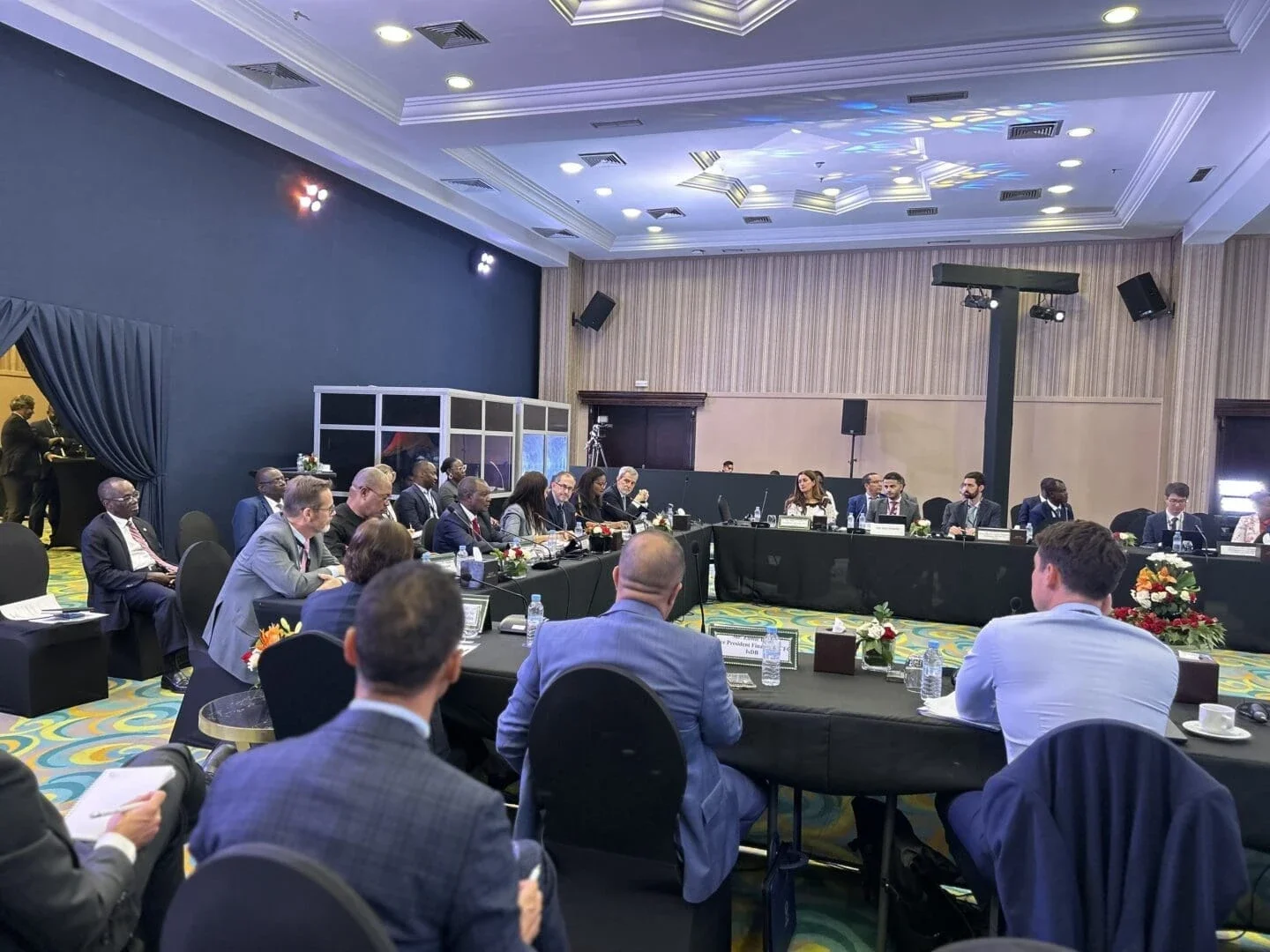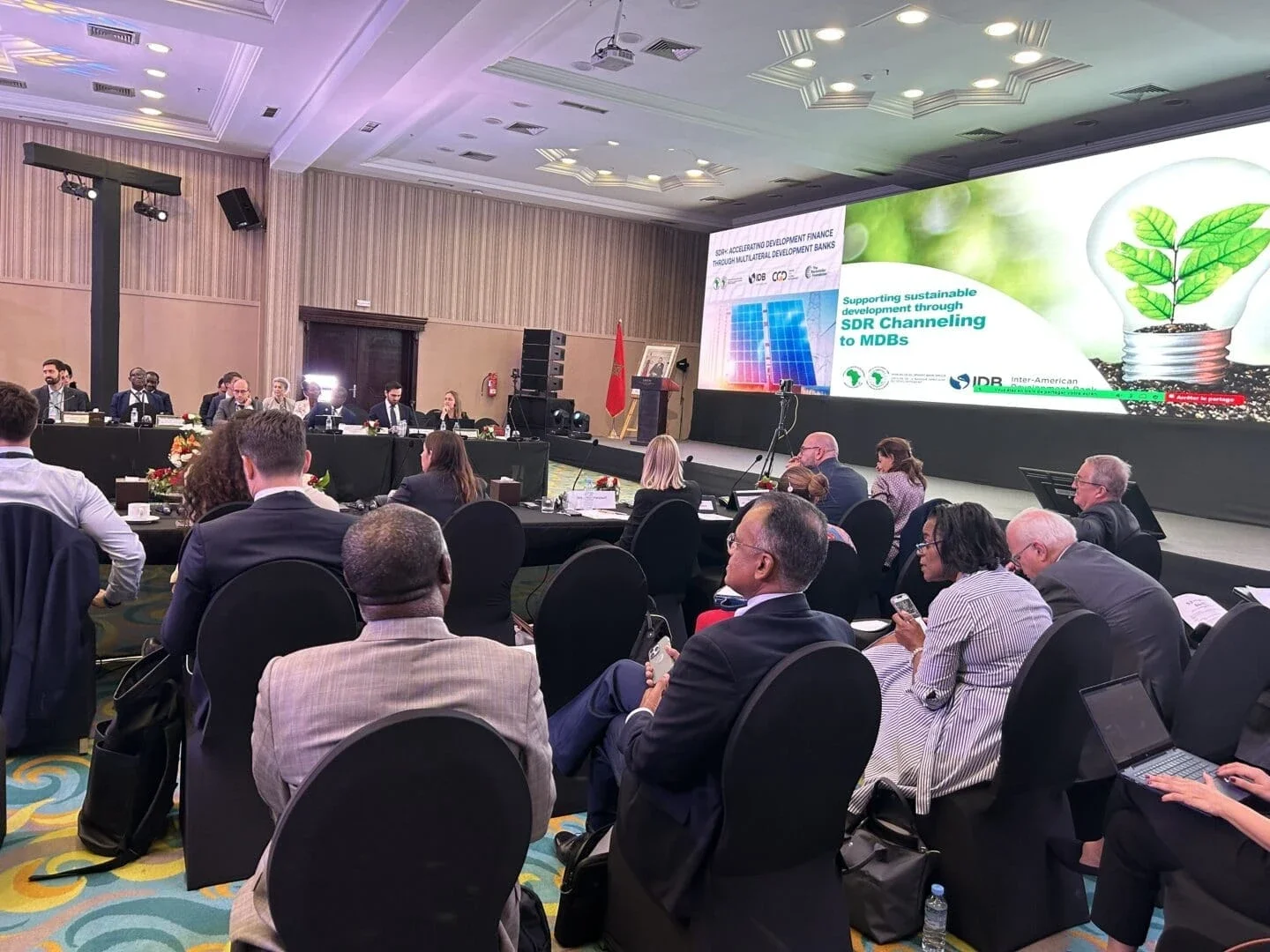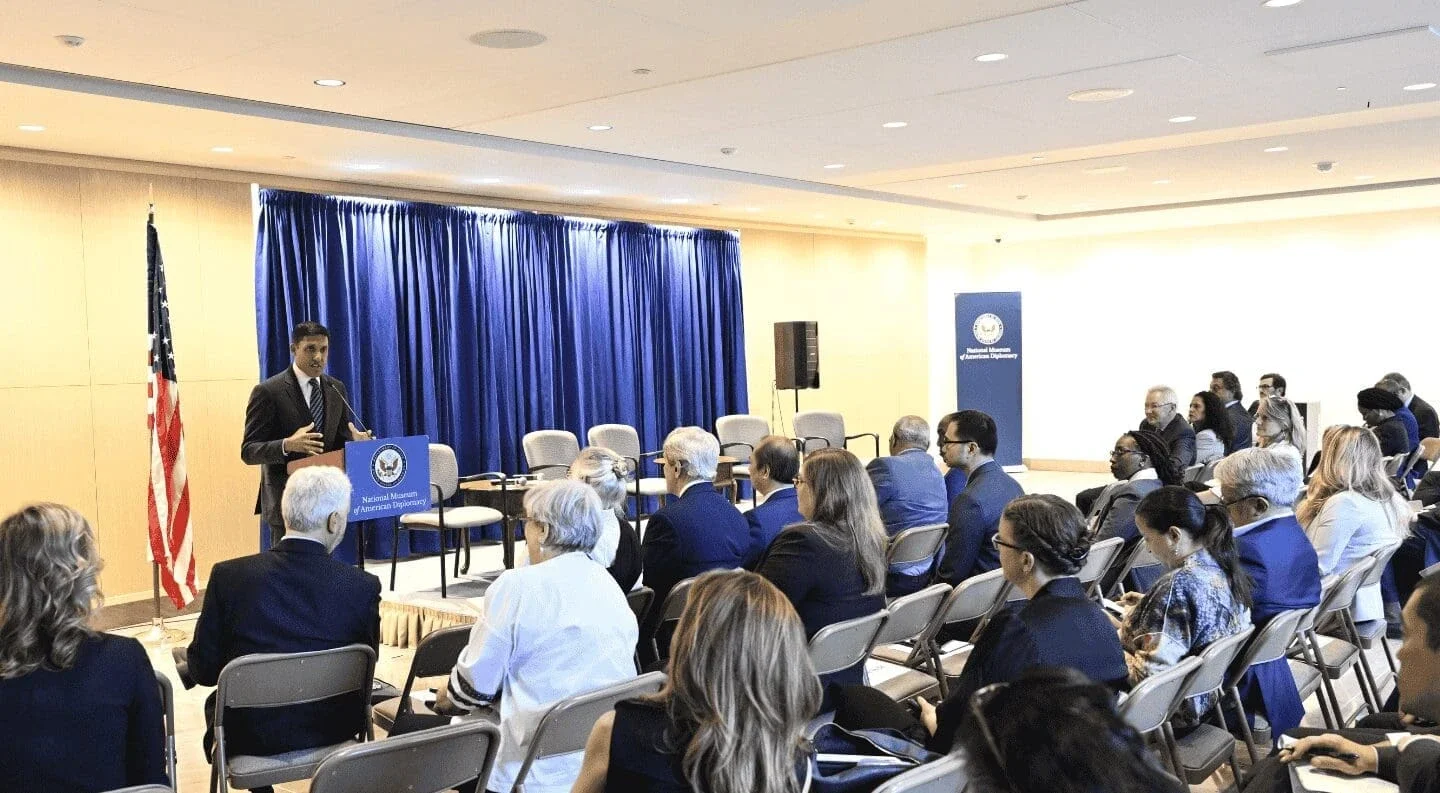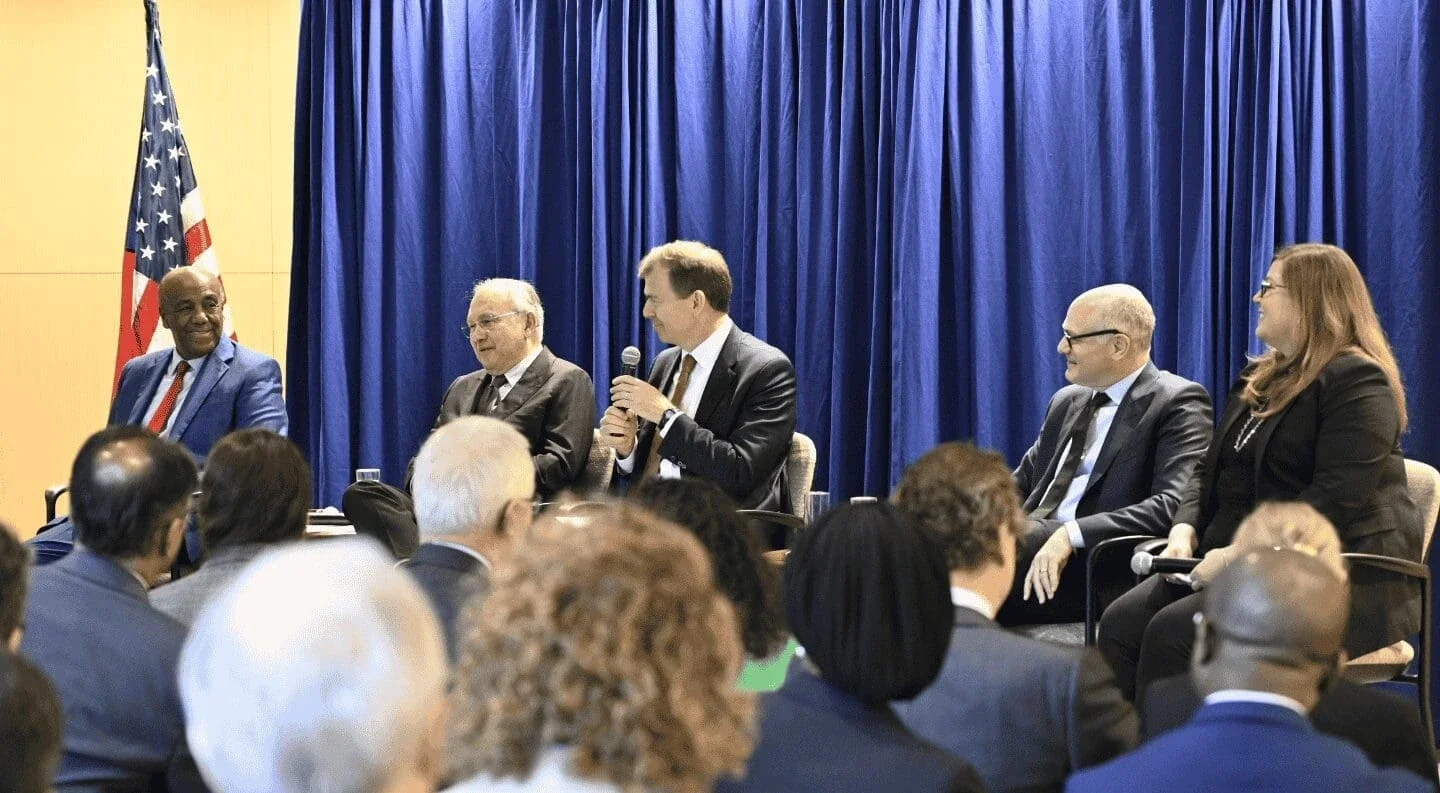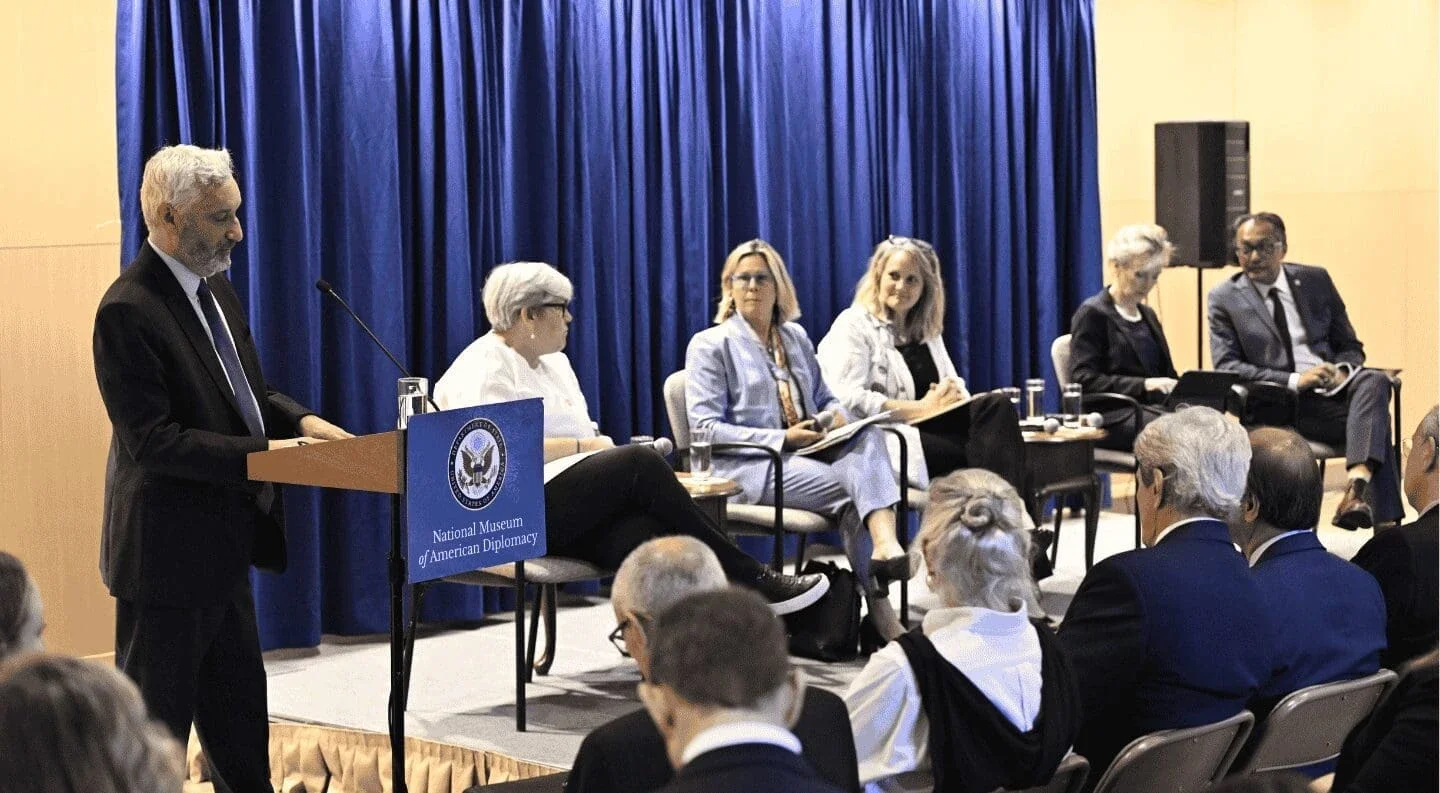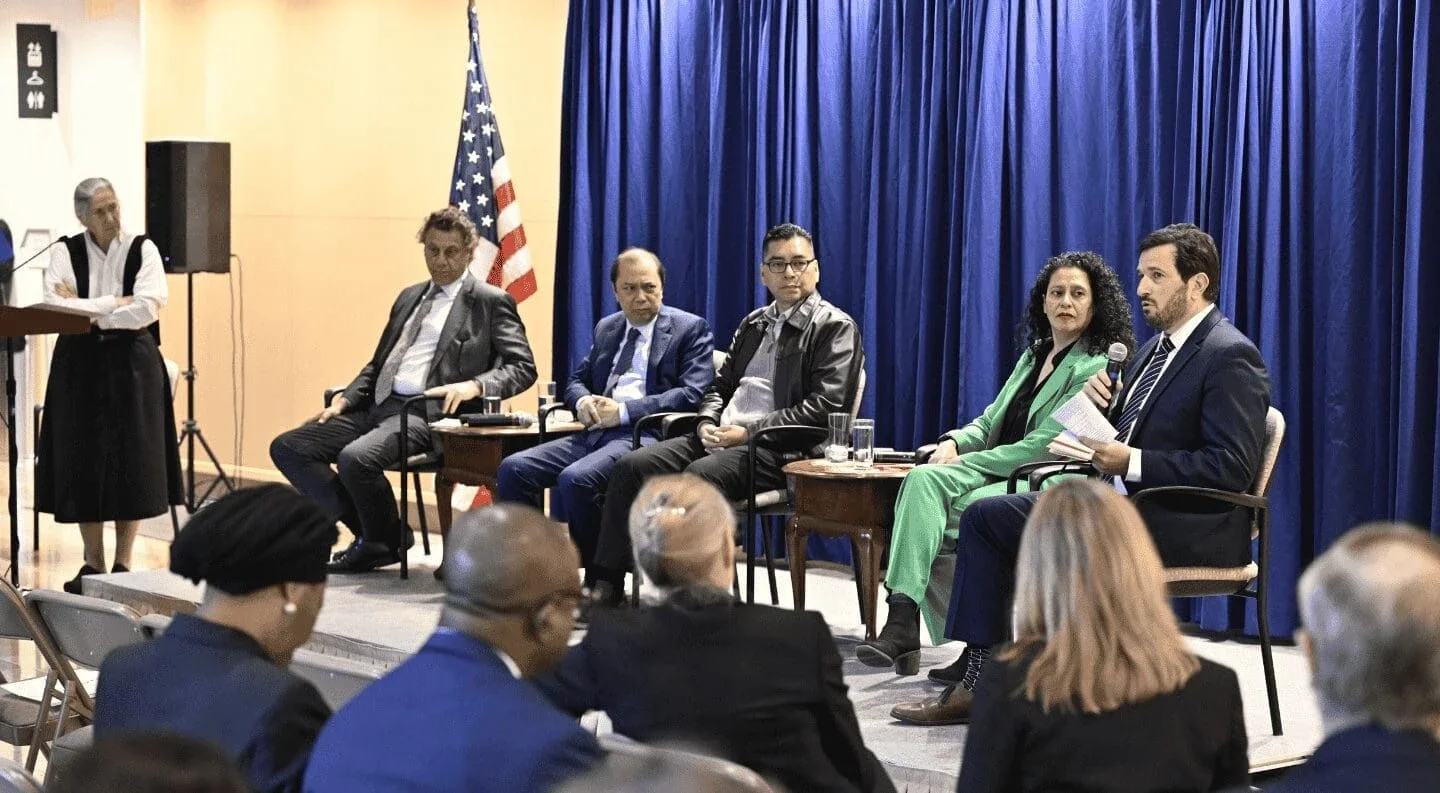Overview
2024 spring meetings
Delivering a Bigger, Better, and More Effective MDB System
A panel of distinguished experts convened by The Rockefeller Foundation during the World Bank Spring Meetings discusses what is needed to advance key financial reforms.
2024 annual meetings
Driving Innovation in the International Financial Architecture
This convening spotlights the Bridgetown Initiative 3.0, progress from the Summit of the Future, and key opportunities such as the replenishment of IDA and innovative energy transition investments crucial for a more equitable, sustainable future.
Spotlight Initiative
Global Economic Recovery
Global Economic Recovery is focused on building a global financial architecture that can mobilize substantially more, and better quality, financing.
Learn More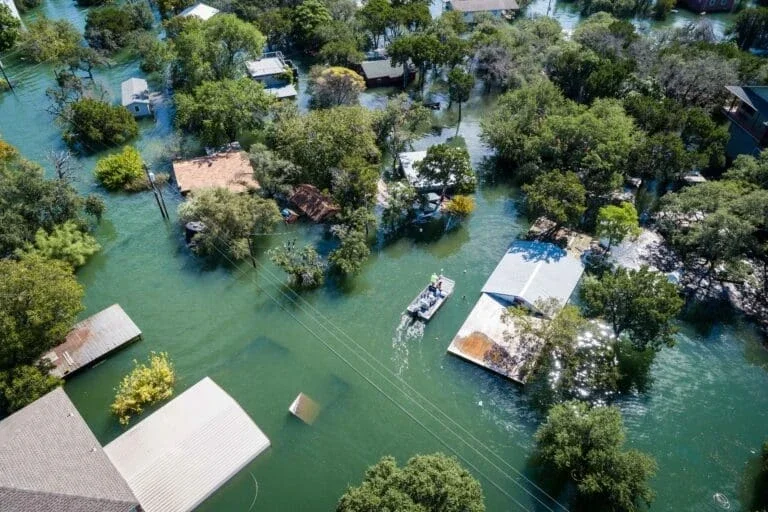
Impact Stories
- Mission 300 is gaining momentum as a game-changing initiative to end energy poverty by connecting 300 million Africans to electricity by 2030, driving job creation, economic growth, and regional stability through a technology-agnostic, investment-smart approach.
- A look at the World Bank's concessional lending arm and how it helps drive growth in climate vulnerable nations.
